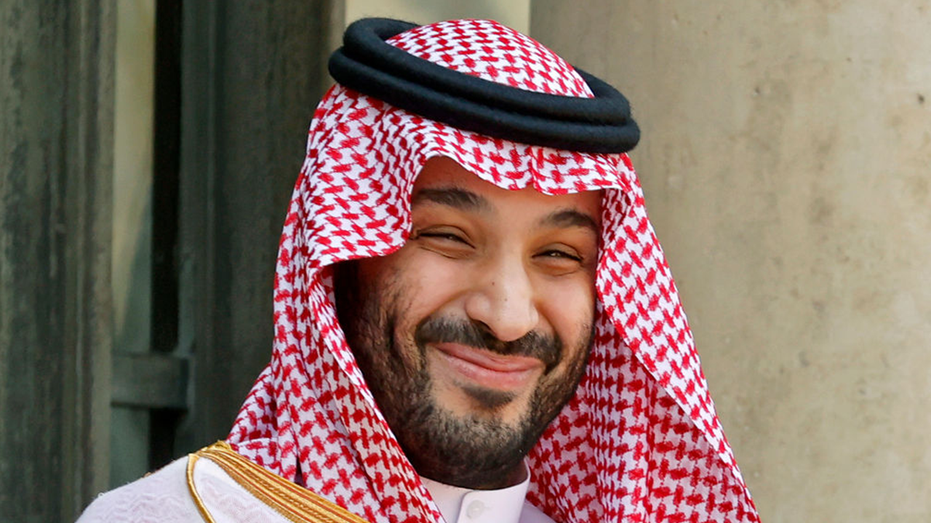When President Donald Trump chose Saudi Arabia for his first foreign trip of the new term — meeting Crown Prince and Prime Minister Mohammed bin Salman (MBS) in Riyadh — it underscored how closely U.S. interests now track Saudi change. In turn, MBS is set to visit the White House in the coming months. The timing is notable: he turns 40 this month and marks 10 years in power, with a domestic record few leaders have matched in a single decade.
The most visible shift has been in women’s rights. In a nation of more than 20 million citizens, women now drive, travel without a male guardian and hold roles in law, aviation, diplomacy and the C-suite — boosting household incomes and widening the country’s talent base. Women now make up about 36% of the workforce. That’s a statistic that may seem normal to Americans but marks a profound societal change for Saudi Arabia.
Regionally, MBS has tied domestic change to strategy abroad. He supports expanding the Abraham Accords but argues that lasting normalization with Israel requires a credible pathway to a Palestinian state — the necessary political price after Gaza to build an alignment that integrates Israel into the region.
SAUDI DEFENSE MINISTER SECRETLY MEETS WITH TRUMP TO DISCUSS IRAN DE-ESCALATION, ISRAEL: SOURCES
This pace of change has not come without coercion. Dissent is tightly controlled, and political space remains limited. Critics point to arrests of activists, businessmen and even royals. But history shows that in rigid systems, rapid reform often clashes with entrenched interests — and great reformers such as Turkey’s Atatürk, Singapore’s Lee Kuan Yew and China’s Deng Xiaoping rarely transformed nations without firm measures to suppress opposition.
For his part, MBS admits he has made mistakes — some costly, others controversial — but he has proven to be an unusually quick learner: adjusting course when necessary, avoiding the temptation to double down on failures and maintaining momentum while refining strategy. That ability to recalibrate is rare in leadership.
What Changed Under MBS
A Reform Agenda with Time on His Side
What sets MBS apart from many historical reformers is time. At 40, he could remain in power for decades — long enough not only to launch reforms but to embed them so deeply in Saudi institutions and society that reversal becomes impossible. Few leaders in any era have done this much in 10 years while also recasting their country’s global role — and having the runway to see it through.
CLICK HERE FOR MORE FOX NEWS OPINION
What to Watch Next
Expect a Washington agenda centered on defense integration, technology cooperation, energy and investment that creates U.S. jobs — alongside diplomacy to expand Arab-Israeli normalization with a serious political horizon for Palestinians.
If MBS can pair internal modernization with a sustainable regional settlement, the payoff will extend far beyond the Gulf — to pump prices, regional stability and U.S. influence for a generation.


